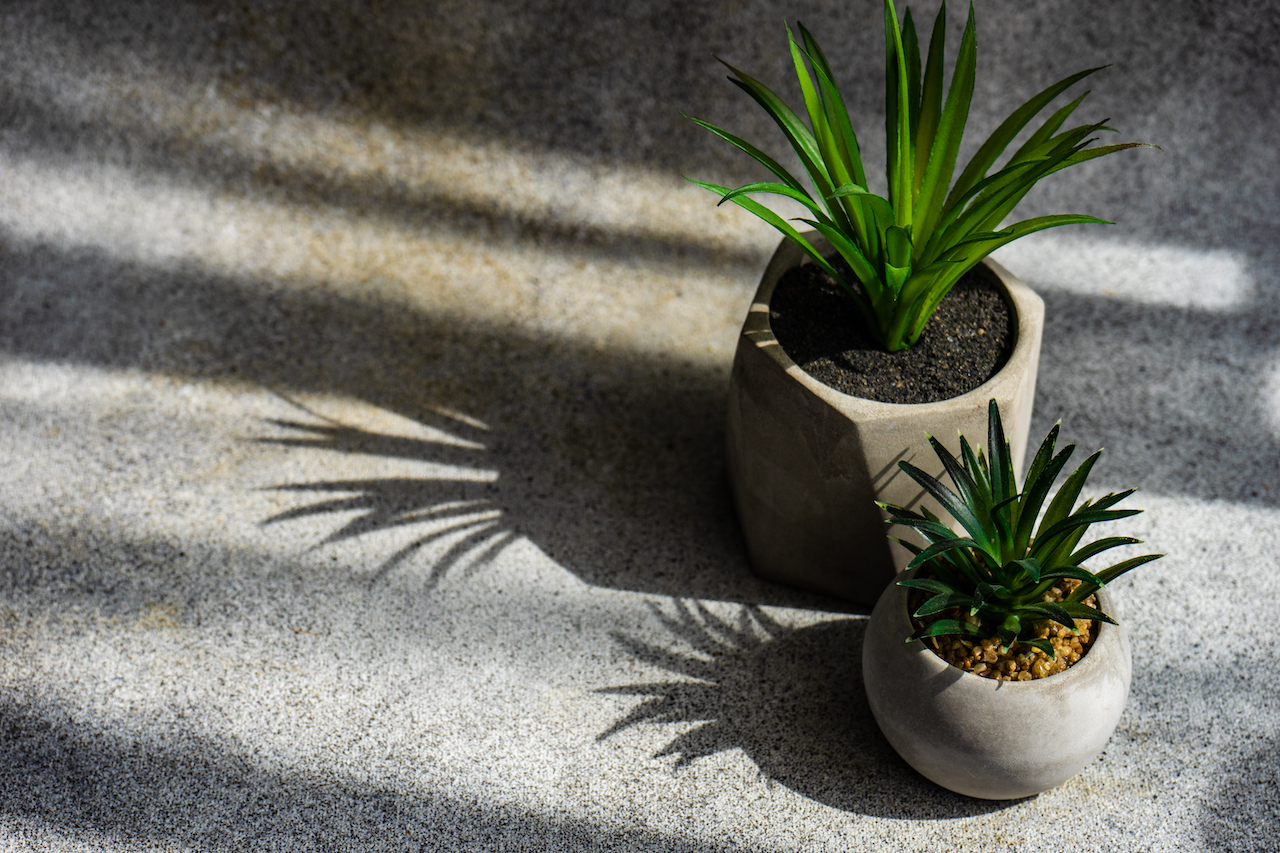General
DIY Concrete Projects for Beginners: From Planters to Countertops

Concrete is a durable and strong material that is often used in various construction projects. It has the ability to withstand heavy loads, extreme weather conditions, and other factors that can damage other building materials. However, like any other material, concrete also requires proper care and maintenance to ensure its longevity.
In this article, we will discuss seven important tips for concrete repair and maintenance that can help you extend the lifespan of your concrete structures.
1. Identify and Address Cracks
The first step in maintaining concrete is to regularly inspect for any cracks or damages. Even small cracks can lead to bigger problems if left unattended. The sooner you identify and address them, the easier it will be to fix them. There are various methods for repairing cracks in concrete, such as using epoxy injections or patching compounds. It is important to choose the right method based on the severity and type of crack.
2. Clean Regularly
Cleaning your concrete regularly can help prevent build-up of dirt, debris, and other substances that can damage its surface. Use a mild detergent and scrub with a stiff-bristled brush to remove stains and dirt. Avoid using harsh chemicals or power washers as they can damage the surface of your concrete.
3. Seal Your Concrete
Sealing your concrete is an important step in protecting it from the elements. It acts as a barrier against water, oil, chemicals, and other substances that can cause damage. Make sure to choose a high-quality sealer and apply it every few years for maximum protection.
4. Control Water Runoff
Water is one of the main culprits in causing damage to concrete structures. Make sure to control water runoff by properly directing rainwater away from your concrete surfaces. This can be done through installing proper drainage systems or using landscaping techniques to redirect water flow.
5. Protect Against Freeze-Thaw Cycles
If you live in an area with harsh winter conditions, it is important to protect your concrete from freeze-thaw cycles. When water freezes on the surface of concrete, it expands and can cause cracks and other forms of damage. Using de-icing agents or keeping your concrete clear of snow and ice can help prevent this.
6. Avoid Heavy Loads
While concrete is a strong material, it does have its limits. Avoid placing heavy loads on your concrete surfaces, especially if they are not designed to withstand such weight. This can cause cracks and other forms of damage that may require costly repairs.
7. Regular Maintenance Checks
Last but not least, regular maintenance checks are crucial for ensuring the longevity of your concrete structures. Inspect your concrete surfaces at least once a year and address any issues that arise immediately. This will help prevent small problems from turning into bigger ones and extend the lifespan of your concrete.
Proper care and maintenance are essential for extending the lifespan of your concrete structures. By following these seven tips, you can ensure that your concrete remains strong and durable for years to come. Remember, prevention is always better than cure when it comes to concrete repair and maintenance. So make sure to regularly inspect, clean, seal, and protect your concrete surfaces for maximum longevity.




















